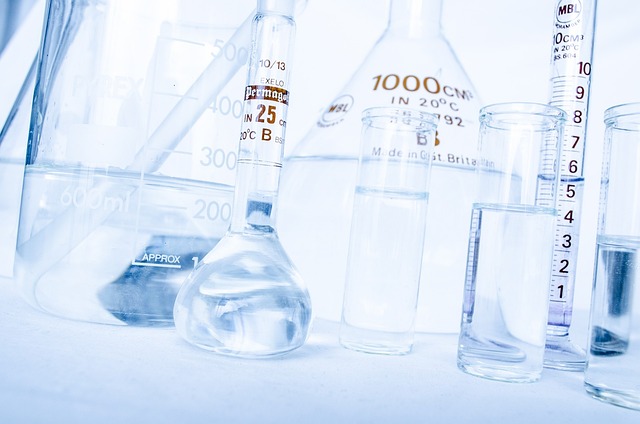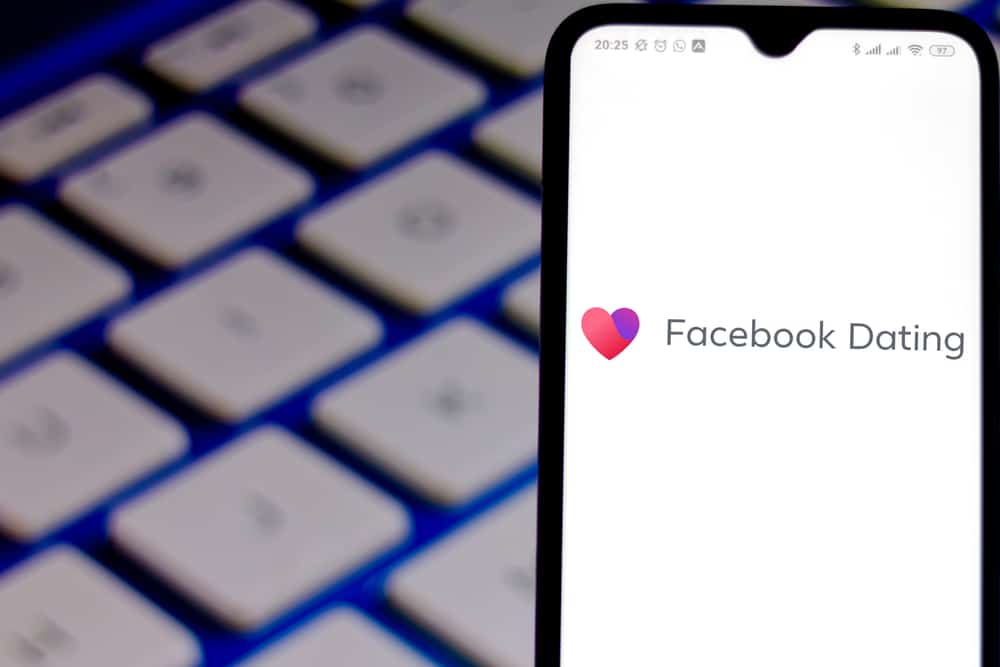How to Dispute a False Positive Drug Test
Michelle Wilson - August 6, 2023

Employee drug testing is less common than individuals may believe. Only 1.47% of job postings will mention a drug test as a pre-requisite of employment. Typically, drug testing will focus on key industries, such as private security, healthcare, and automotive. The easiest way to tackle a false positive drug test is head-on. There are a few methods of disputing a false positive drug test, but none are straightforward.
Table of Contents
Types of Drug Tests Detected in Screening
Technology enables a few different substances in the screening. Employers may choose which screening to check, depending on the substances of concern. With easing marijuana laws in Maine, Oregon, and Nevada, lawmakers have passed bills preventing employers from judging positive test results (with a few exceptions for specific roles and responsibilities). Additional municipalities may hold similar rules.
Types of Drug Tests
There are two common types of drug tests for those employed within the United States.
5-Panel Drug Tests
This test will include amphetamines, marijuana, cocaine, PCP, and opiates.
10-Panel Drug Tests
This test will include all of the above tests plus benzodiazepines, methadone, barbiturates, methadone, propoxyphene, and methaqualone.
An employer may order specific tests of additional substances like Oxycontin and Oxycodone, depending on the job requirements. These customized panels often occur within industries with high rates of abuse. While drug testing is highly effective in uncovering prohibited substances, it’s not 100% accurate.
Causes of a False Positive Test
You must know how a panel test works to understand better how an individual may receive a false positive. Panel tests will use paper strips holding antibodies. Like a home pregnancy test, drug tests will react when drugs are present, changing the color of the test.
The drug test is quick, convenient, and cost-effective. Unfortunately, false positives may occur. Here are the most common reasons for a false positive test:
Food
There are several foods readily available that may influence a drug test. Poppy seeds are famous for causing positive opiate tests, especially morphine. Individuals submitting a drug test should avoid all foods containing poppy seeds for at least 24 hours. Additional foods that may cause a problem include coca tea, hemp seeds, pizza, durian, and tonic water.
Although the foods may seem harmless, they can still cause a positive drug test result. Avoiding problematic foods is always easier than trying to prove a false positive.
Available Substances
A few substances readily available in your pantry or bathroom may complicate your drug test results. A few known products may trigger a false positive, including the following items:
– Hand sanitizer
– Vitamins or supplements
– Mouthwash
– Cannabidiol (CBD)
All applicants should avoid drinking or eating anything for 30-60 minutes before submitting a drug test. The slightest presence of foreign substances is enough to trigger a positive result.
Medications
The initial step you should take in fighting a positive drug test is assessing which medications you take. Many over-the-counter and prescription medications contain substances that could produce a false positive on the drug test.
A few known substances include Advil, Motrin, and Aleve. Nasal decongestants and cough syrups, especially Sudafed and Delsym, also trigger positive results. A few antidepressants like Prozac and Zoloft will trigger a false result, along with common sleeping pills like Tylenol. Individuals taking any over-the-counter or prescription medication should raise the matter immediately, especially when receiving a false positive.
Disputing a False Positive Drug Test
If you’ve had a positive drug test that you know is false, don’t let the result prevent you from getting your dream job. Always contact a specialist familiar with the drug testing process. A legal professional can help you navigate the dispute process, including any legal ramifications of false results.
When you receive a false positive, the employer may request an additional panel test. Test providers have no idea who they’re testing, which proves difficult for false results. Always offer as much information as possible to interpret your drug test results. This information may include the names of medications, foods eaten, and any products used before the submission.
Consult a Professional for Advice
Consider everything you’ve consumed in the days leading up to the test before discussing the results with the prospective employer. Try to identify any possible sources for the positive drug test. If medication is a culprit, talk to a doctor or pharmacist about any possible ingredients in the medication that may have caused the positive result.
Suppose the medical professional indicates your medication likely influences the results. In that case, they may submit a letter to your employer stating the name of the drug, the ingredient influencing the result, and the probability of the false positive. If the test is inaccurate, individuals may want to contact the lab to discuss any next steps.
Ask for a Re-Test
Re-tests are often the next step for anyone receiving a false positive. Most employers are aware of false positive results when running the drug test. Request a re-test if you believe your results are inaccurate. Many employers will be fine running a secondary screening and accommodating the request.
If you have evidence of why your results are inaccurate (prescription, food, or environment), always submit this information with your request. A letter from a pharmacist or physician regarding the medication will help. All unionized worksites will have rules and regulations for any drug re-test without requiring evidence. If you need more clarification, talk to your union representative about the appeal process.
Would an Employer Need to Accommodate Your Drug Test Dispute?
The ability to accommodate a re-test will largely depend on the employer. Many states hire individuals under the work-at-will policy. In these situations, employers hold the right to hire and fire individuals as long as they do so quickly. A job candidate should act quickly if they receive a false positive test, as the employer isn’t required to hold the job.
Frequently Asked Questions
What Causes Positive Urine Screening?
The urine screening process will typically yield more false positives than other analyses. False positives are common for CBD, poppy seeds, and certain medications. Unfortunately, many ingredients from the above lists will hold similar compounds to the drugs a provider detects.
Can an Employer Rescind a Job Offer Due to a False Positive Drug Test?
An employer may rescind a job offer due to false or true positives. An employer doesn’t have to allow an appeal or re-test in the event of a false positive.
Conclusion
If you receive a false positive drug test, acting quickly is essential. False positives occasionally happen, especially when the applicant has consumed medications or foods with similar chemical makeup to the drug panel. Although drug testing may not be as standard today, a background check may include screening as part of the profiling process. Address any false positives head-on and ask the employer for a re-test.












